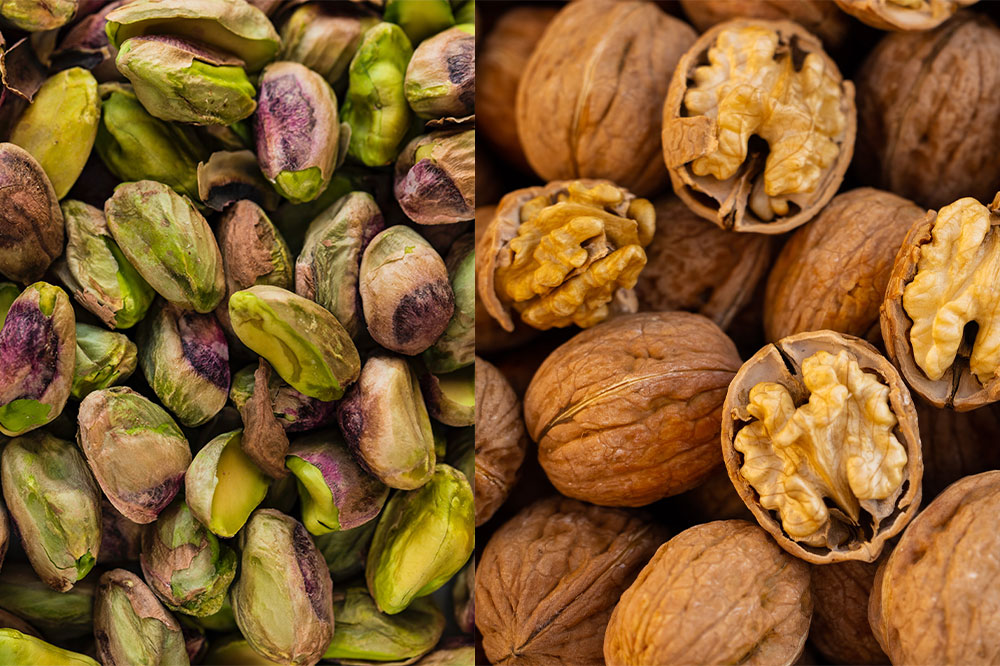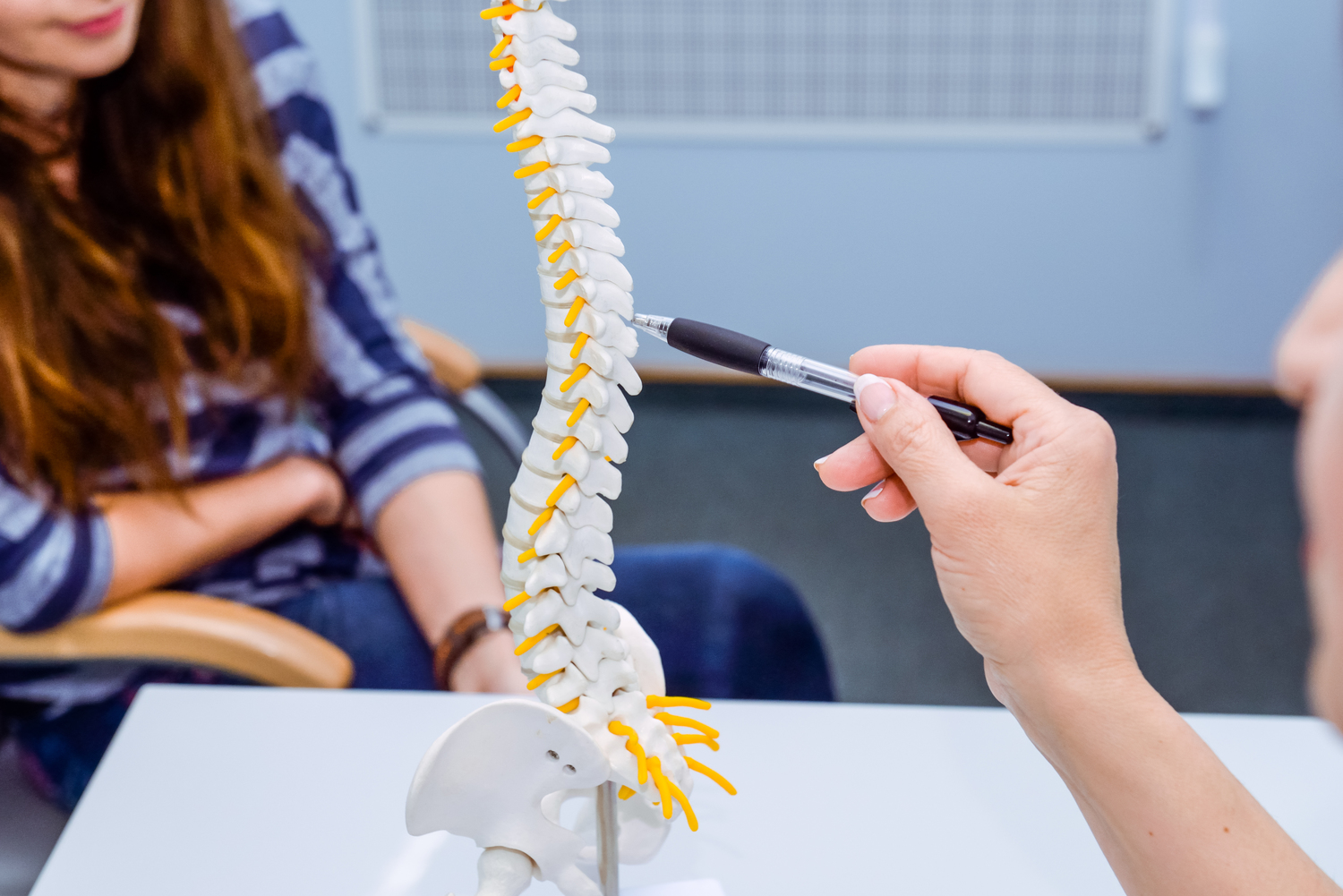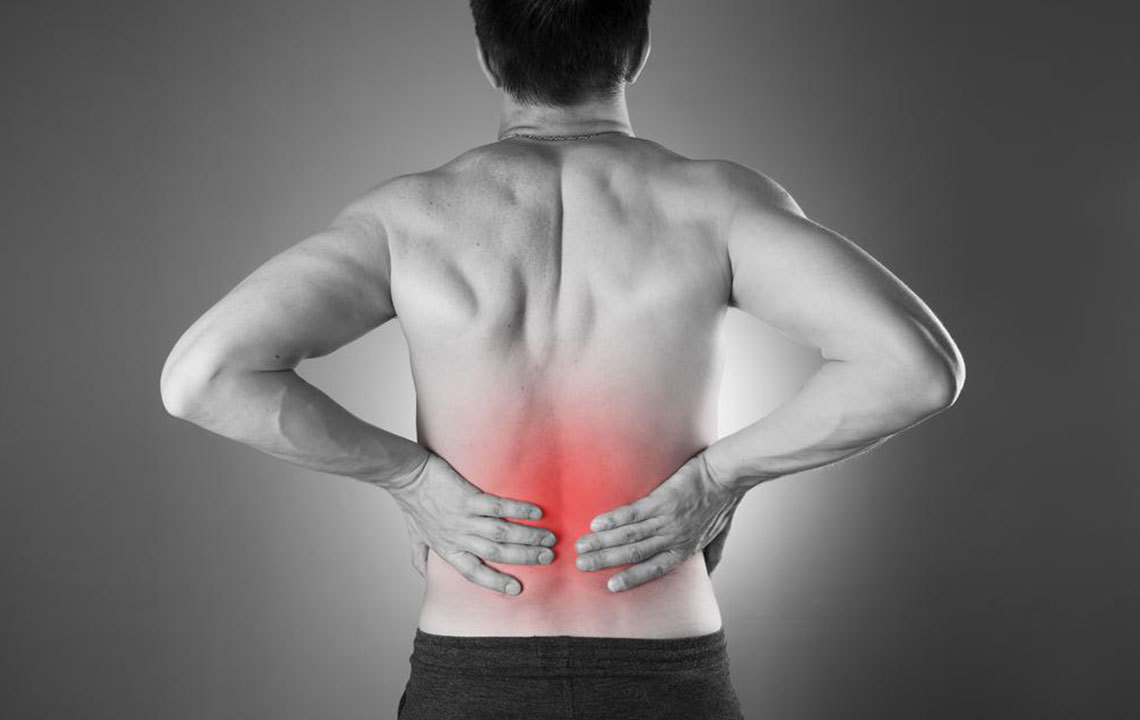Understanding Osteoporosis: Nutritional Tips, Symptoms, and Natural Management
This article explores osteoporosis, emphasizing dietary strategies, symptoms, and natural remedies to support bone health. It highlights calcium-rich foods, lifestyle changes, and early signs to watch for, empowering individuals to better manage or prevent the condition naturally. Recognizing symptoms and adopting a balanced diet along with exercise can significantly improve bone strength and reduce fracture risk.

Understanding Osteoporosis: Nutritional Tips, Symptoms, and Natural Management
Osteoporosis is a condition characterized by weakened bones that are more prone to fractures. Approximately 54 million Americans are affected by this disease, which impacts both men and women, though women are more vulnerable. Fortunately, adopting the right diet, avoiding certain foods, and utilizing home remedies can help manage and mitigate its effects.
Dietary recommendations
Green leafy vegetables
Dark greens like kale, cabbage, and collard greens are high in calcium, magnesium, and vitamin K, essential nutrients for strong bones.
You may also consider spinach and Brussels sprouts, which are rich in bone-supportive nutrients.
Eggs
Eggs contain vitamin D, which aids in osteoporosis management by aiding calcium absorption and regulating calcium-binding proteins.
Dairy products
Dairy items like cheese, yogurt, and milk are prime calcium sources for maintaining bone health. Plant-based alternatives such as soy milk, tofu, and almond milk also provide notable calcium levels.
Fruits
Fruits such as figs, kiwis, papayas, oranges, and bananas contain vitamins A, C, and K, which support increased bone density and overall strength. They also supply potassium, reducing bone acidity and preserving calcium.
Foods to limit
Alcohol consumption
Excessive alcohol intake can weaken bones and should be limited to two or fewer drinks per day, especially for individuals with osteoporosis, according to health experts.
Salt intake
High-sodium foods can accelerate calcium loss from bones. It's advisable to keep sodium intake below 2,300 mg daily for optimal bone health.
Caffeine
High caffeine consumption from coffee, tea, energy drinks, and sodas may hinder calcium absorption and weaken bones when consumed excessively.
Vitamins A and supplements
While vitamin A is vital for bones, excess intake—particularly from supplements like fish liver oil or multivitamins—may pose risks for bone health.
Home remedies and lifestyle adjustments
Weight-bearing exercises such as walking, tennis, and stair climbing strengthen bones.
Quitting smoking helps prevent further decline in bone density, especially among women.
Following a balanced diet rich in calcium and nutrients supports bone vitality.
Recognizing early signs helps prevent complications. Symptoms include persistent lower back pain, loss of height, a hunched posture, and unexpected fractures. Consulting a healthcare professional is essential for treatment and management.
Note:
The information provided here is for educational purposes only. It should not replace professional medical advice. Always seek qualified healthcare guidance for diagnosis and treatment.










